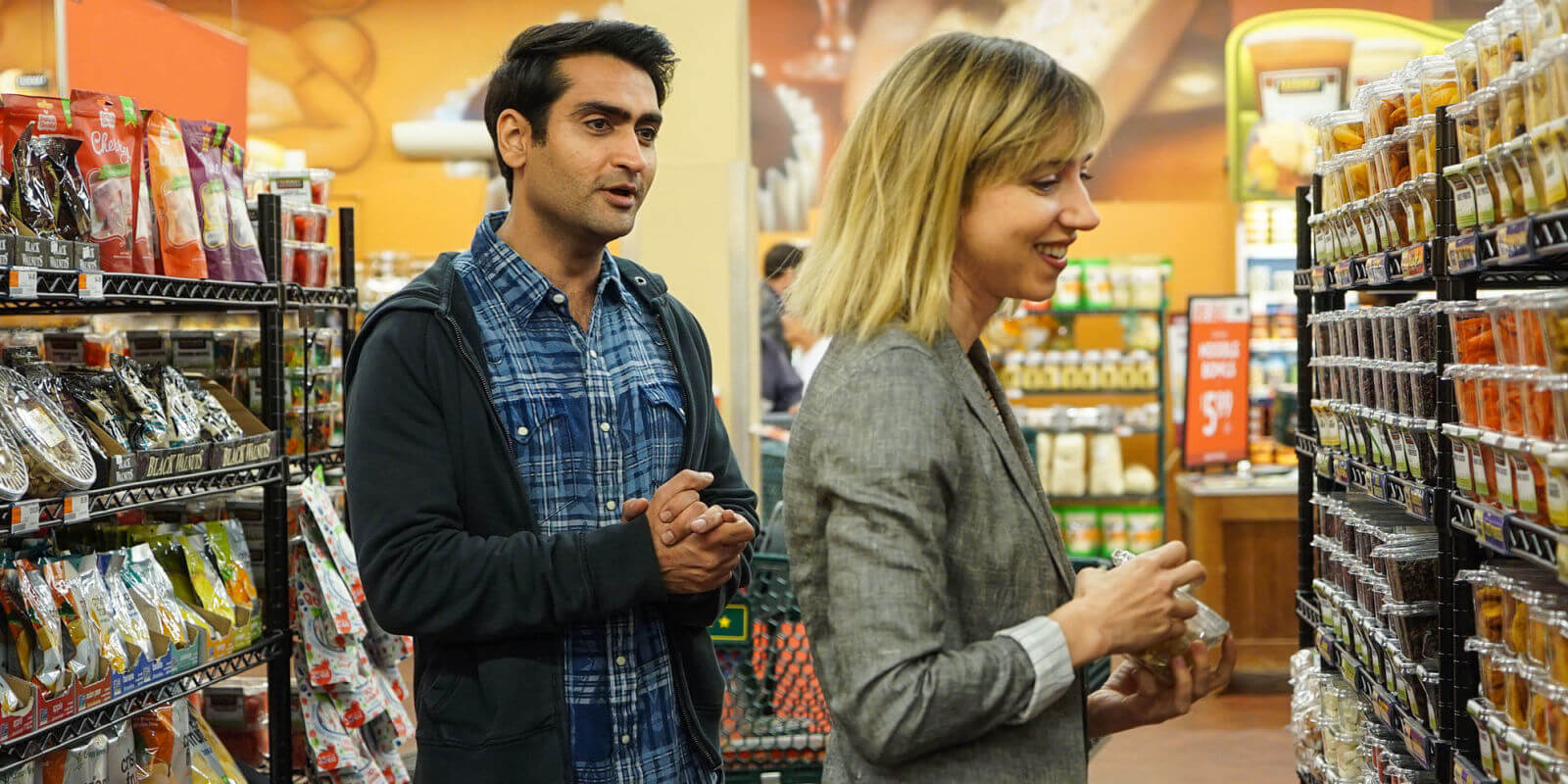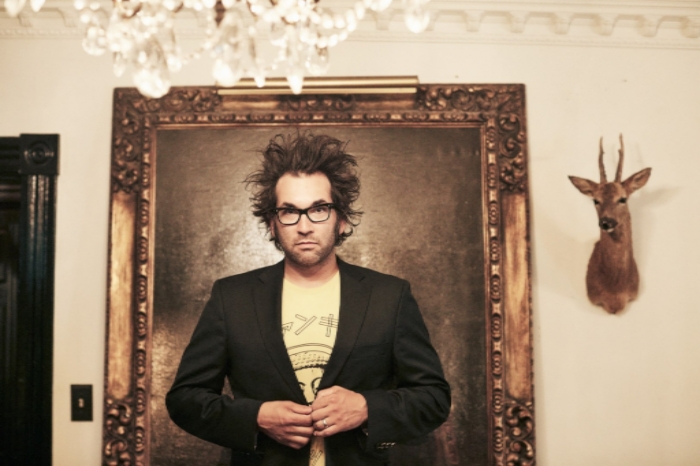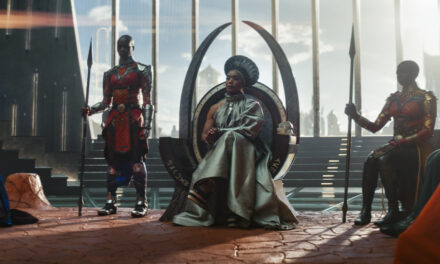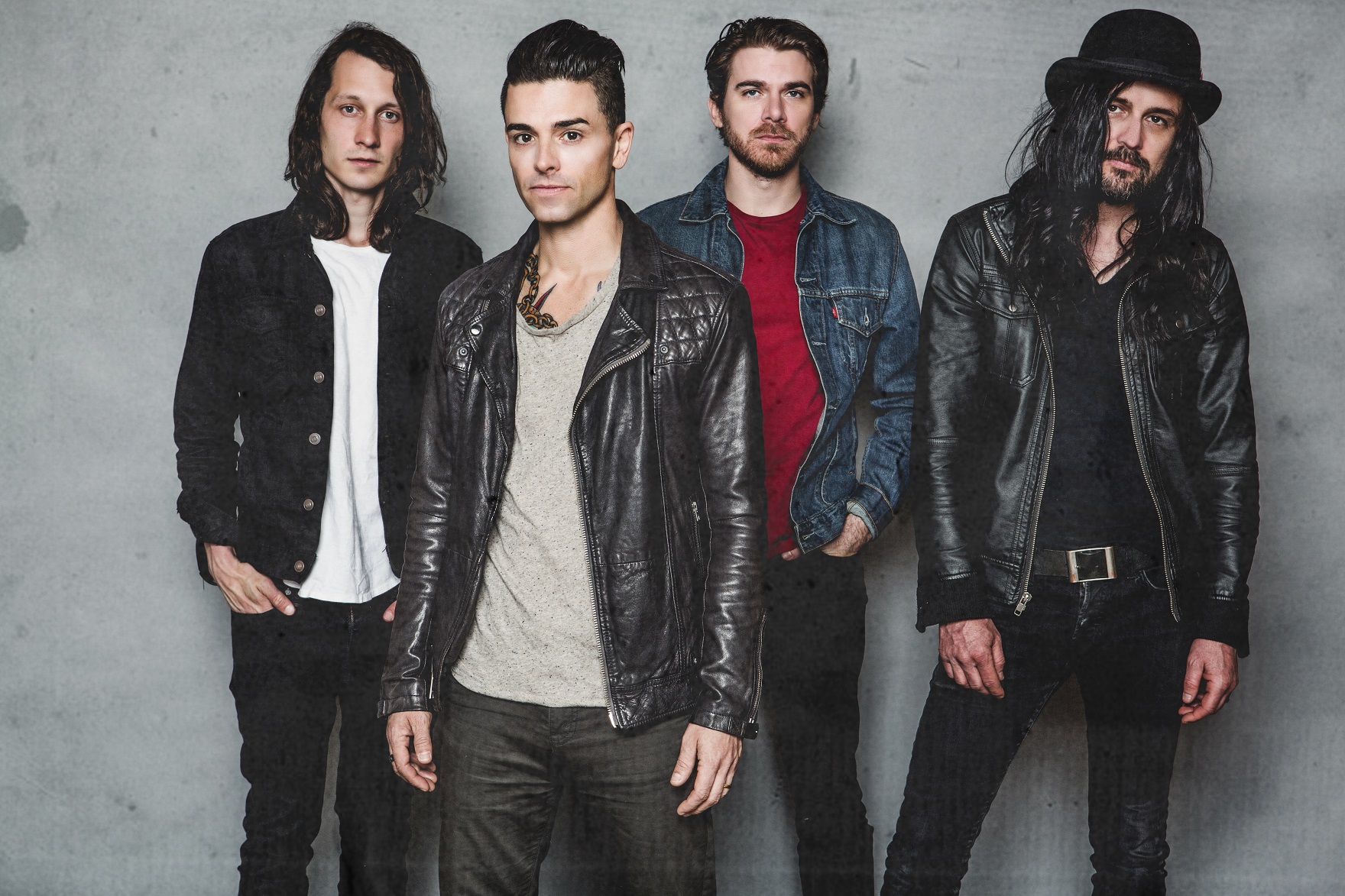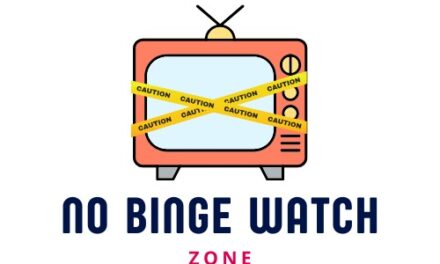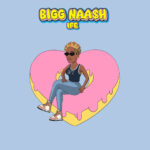Ever since The Big Sick premiered at Sundance in early 2017 I have been hearing praise from friends and critics alike that claim the film, based on the true story of writers Kumail Nanjiani and Emily Gordon, was resurrecting the romantic comedy genre. While the film does succeed at becoming a memorable entry in a genre that has severely been lacking in original studio fare for quite some time, it does not necessarily reinvent the romantic comedy tropes we all know. In fact, if the film succeeds at anything it is in reminding us why it’s okay for a movie to make us feel good and hopeful in spite of a difficult world.
Nanjiani stars as himself, a comedian on the rise in the New York comedy scene who, along with his three best friends, is hoping to be chosen for the Montreal Comedy Festival. Life changes when he meets Emily (played by Zoe Kazan), a bright young woman studying psychology. The pair have an immediate connection, but Kumail hesitates to tell his traditional Pakistani family about his new girlfriend because he is expected to enter an arranged marriage. His inability to be open with his family ultimately causes a rift between him and Emily, and eventually they separate.
Not long after the split Kumail receives a call informing him that Emily is at the ER alone and needs company. He reluctantly goes to her side, and moments later is asked to decide whether or not he will sign papers that will save Emily’s life by placing her into a medically-induced coma. The doctor’s urgency leads him to agree without speaking to anyone else, including Emily’s mom and dad (played wonderfully by Ray Ramano and Holly Hunter), who arrive the next day to be by their child’s side.
Once Emily has been placed into her coma The Big Sick reveals the true heart of its story. You may assume this is a tale of two people from different walks of life coming together against the will of the people around them, but in truth the film is about the common threads that bing us together as people. Emily’s parents think it is a bit weird that their daughter’s ex insists on being by Emily’s side when he did not want to be there when she was conscious, but over time whatever concern may have existed softens as they learn about Kumail and the lack of transparency between him and his family. Kumail learns to see Emily’s parents in a different light as well, all while the woman who brought them together is lying unconscious in a hospital bed.
There is an undeniable beauty to the simplicity of The Big Sick. Though the circumstances are admittedly unique we know they come from a real place and that makes every moment all that more compelling. This isn’t some make believe story where people learn to put differences aside for the greater could because that is what we’re supposed to do, but rather an all too honest account of love in the modern age. Nothing about this story is black and white, yet Nanjiani and now wife Emily Gordon have crafter a script that makes a complex set of emotions and experiences easy for the uninformed to digest. More importantly, they do it in a way that feels authentic and because of that the audience can relate to an even most will never experience themselves.
But again, this is what all great romantic comedies accomplish, which is perhaps why The Big Sick is getting so much (rightfully deserved) attention this year. It has been a long time since a romantic comedy won over anyone other thank Nicholas Sparks diehards or people who love crying at movies where teenagers grapple with mortality while simultaneously coming of age. By offering viewers a real, grounded story with relatable characters The Big Sick brings this genre back to its original, simple state, and in an age CGI is considered more bankable than any singular acting talent that is an increasingly rare treat. All you need in live and film is a good laugh, empathy, and hope. This film has all three, and it leaves you with a desire to spread that positivity to others.

